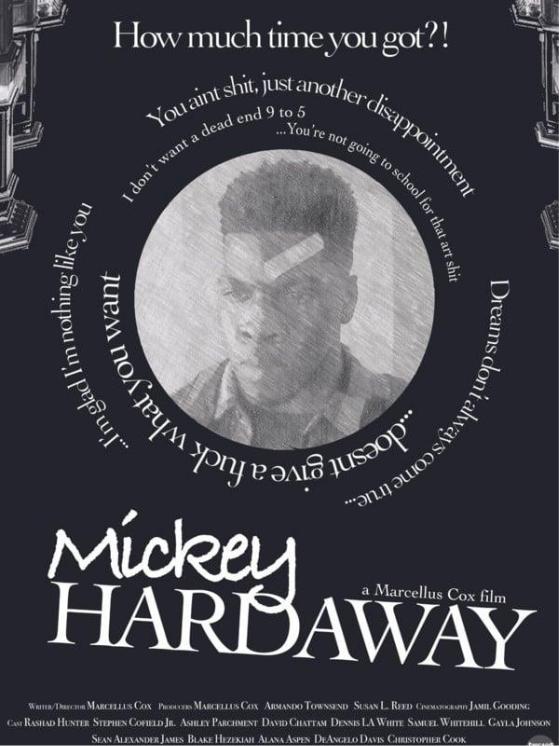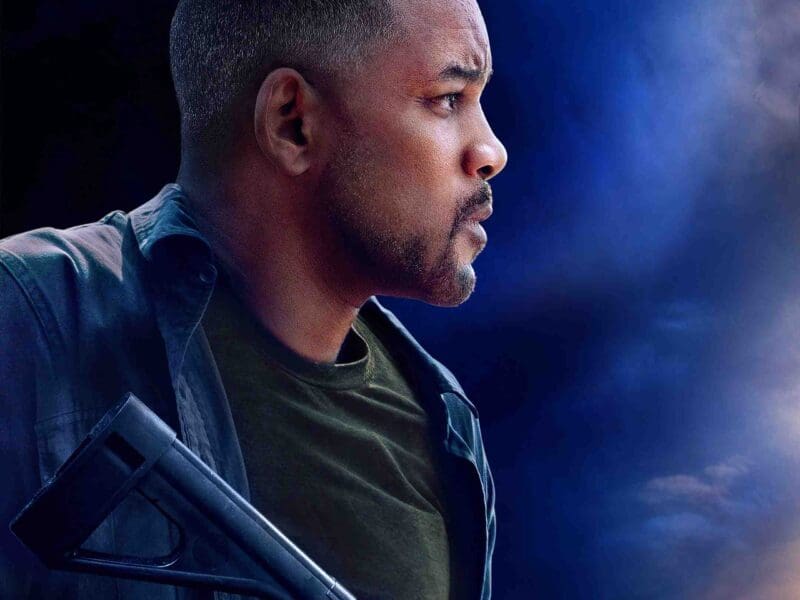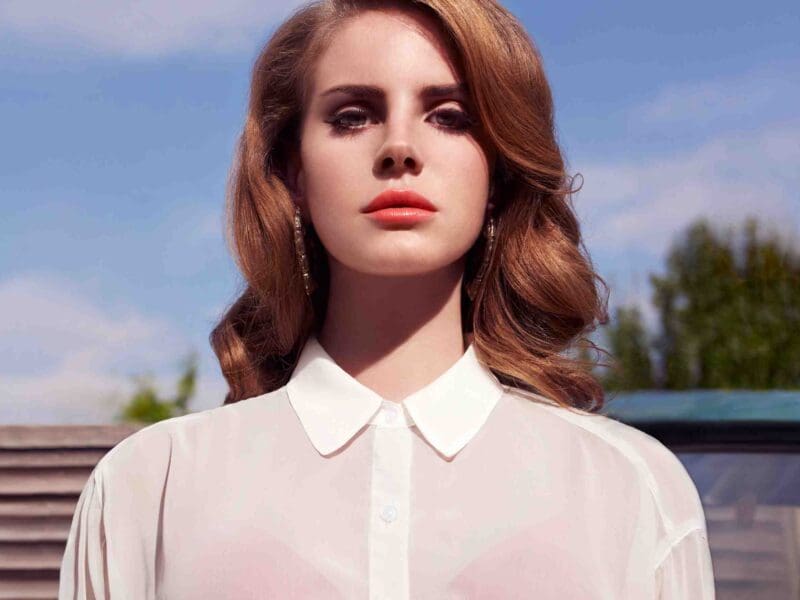
Mickey Hardaway
Director : Marcellus Cox
Writer : Marcellus Cox
Producers : Marcellus Cox & Eric Quincy
Starring : Rashad Hunter, Stephen Cofield Jr., Ashley Parchment, David Chattam, Gayla Johnson, Samuel Whitehill, Dennis L.A. White, Charlz Williams, Blake Hezekiah
Genre : Drama
Runtime : 105 minutes
Synopsis : A young sketch artist visits a well-renowned psychiatrist as his life starts to sprawl out of control after years of physical and verbal abuse have taken a toll on him.
Mickey (Rashad Hunter) has always dreamed to be an artist. When he was a kid, it was his teacher, Mr. Sweeney (Dennis L.A. White), who first recognized his talent. Throughout the feature, as Mickey grows up to be a teenager, we learn that Mickey’s dream is still being belittled by his father.
Randall Hardaway (David Chattam) crushes Mickey’s dream by saying that art is useless and that being an artist will not make ends meet. We learn that Mickey’s father projects his failure to pursue his dream and wants the same thing happens to Mickey.
Mickey confronts his father
What happens to Mickey often occurs in real life. The closest person in your life is the one who most likely would have doubt about you when an outsider could see your potential on you. How ironic that the family who is supposed to be our number one supporter becomes our number one hater. Gladly, Mickey realizes that he cannot take the abuse from his father anymore, he confronts his father and immediately leaves home to pursue his dream to be an artist.
When Mickey leaves home, he moves into a motel where he runs into his old teacher, Mr. Sweeney who later gives him a job as an art director at a community center. While working there, Mickey meets Grace. As the audience, we can see that Mickey spends most of his life struggling, and the black-and-white cinematography makes us focus on it even more. However, Mickey’s life slowly progresses after Grace (Ashley Parchment) enters his life. For the first time, Mickey doesn’t live in a monochrome world, instead, his life becomes colorful. This particular scene is such a genius move to show the juxtaposition of Mickey’s life before Grace is in the picture.
Mickey’s world turns into colors when he holds hands with Grace for the first time
Not long after Mickey gets a job at the community center, Mickey signs a contract with a newspaper in Los Angeles and has a piece of his work published. His little joy becomes a violent rage after learning that the publisher steals his work. Seeing Mikey turns unwell, Grace persuades him to see a psychiatrist.
As its premise, the story develops when Mickey is in his therapy session with Dr. Cameron Harden (Stephen Cofield Jr.). We can see how the director utilizes these therapy session scenes to let the plot flows naturally as Mickey recounts his life story to his therapist. The very first thing that Mickey discusses with Dr. Harden is how hard his life is to the point of dreaming of ending it every single day. Upon hearing his story, Dr. Harden assures Mickey that he will help him and it is fine to open up about everything.
Mickey’s first therapy session with Dr. Cameron Harden
However, it becomes evident as Mickey recounts his story to the therapist that his life has continued to deteriorate, which is what caused him to start drinking. Unfortunately, owing to his background, Mickey’s sole way of dealing with problems is via violence, and not even Grace could stop him. Mickey is so fixated on those who
mistreated him that he is blind to others who genuinely cared and made an effort to help him. This is where we lowkey know that Mickey has entered his “anti-hero” arc and things are not going to be better for him.
Marcellus Cox, the writer and director of this film, does a pretty good job to show how trauma and abuse affect someone’s life, even after the person already lives far away and has no contact whatsoever with their abuser. Cox writes complex characters that have such a “thick” layer to unveil.
With their amazing casts, this film takes the whole story to the next level. Rashad Hunter delivers a top-notch performance portraying a tragic young sketch artist who wants nothing but to be successful at his job. With his talent, he slowly can build his life in a better direction only for it to be crushed when he is reminded of the traumatic experience caused by his father.
Perhaps we all can agree Randall is the villain of this story. David Chattam successfully turns Randall into the most hated character by delivering such a great antagonist performance. He blames his son for making him fail to pursue his dream as a professional footballer. Grudges that he held for years for a blameless kid have turned him into a selfish person. He abuses his kid both verbally and physically and lashes out his anger the wrong way. He truly has no redeeming quality, he is just unforgivable.
Through Mickey Hardaway, Cox wanted to address and present to the audience what happens when you shit on someone’s dreams and the consequences that come along with those actions that affect everyone around them. Cox also wanted to tell a story about dreamers, who has something to offer to the world other than just the typical 9-5 living the average everyday life and the folks who continue to show no faith in them and tear their souls out of them in the process
Once again, Cox has successfully created a story where we can learn that trajectory of our lives can be changed while we are trying to define who we are by pursuing our dreams. This film helps us understand that trauma affects us, up until we are old enough to realize how terrible our childhood was. Therapy does help, but it will not suddenly make your problems go away in one session.







